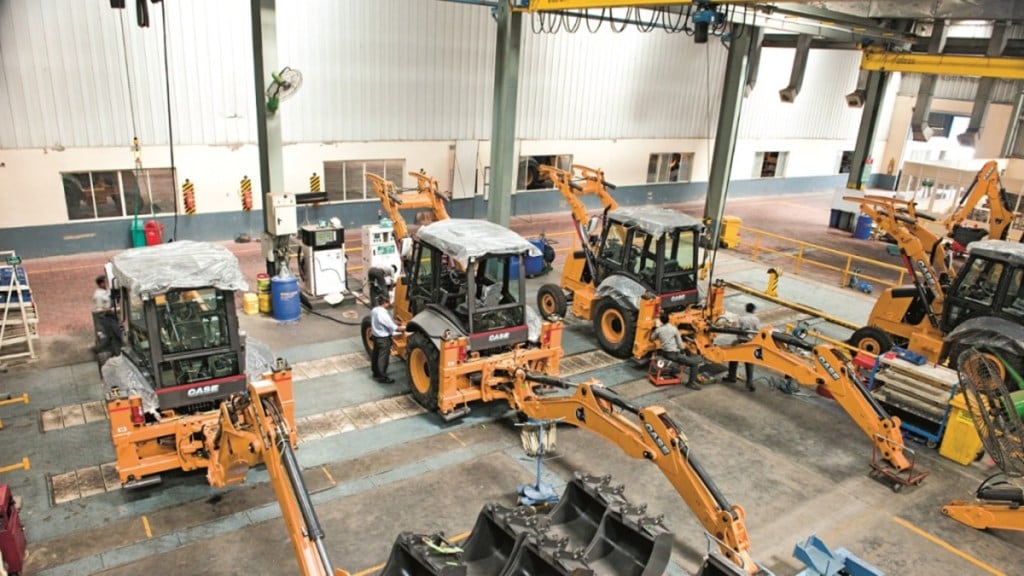The ministry of heavy industries (MHI) has proposed a Rs 13,000-crore incentive scheme for the construction equipment sector with the aim of strengthening domestic manufacturing and reducing import dependence. The scheme is under discussion with key ministries and is expected to be taken up for Cabinet approval in the coming months, officials told Fe.
Sources said that MHI has circulated a concept note to the ministries of finance, mines, commerce and industry, and new and renewable energy, as well as to Niti Aayog, seeking inputs before the proposal is finalised. The initiative is positioned as part of the government’s broader plan to build a competitive domestic ecosystem for critical machinery required in infrastructure development.
Focus on High-Value Equipment
The proposed scheme will target high-value equipment such as tunnel boring machines (TBMs), ropeway systems, backhoe loaders, tower cranes, crawler cranes, engines and transmissions. TBMs are essential for metro networks, highways and utility tunnels, while ropeway systems are increasingly being deployed for both urban mobility and tourism projects in hilly areas. Backhoe loaders, widely used in construction and agriculture, along with cranes for large infrastructure projects, are also part of the list.
Officials said that the scheme will mandate a minimum of 50% domestic value addition for manufacturers to qualify for incentives. This requirement is intended to address a long-standing challenge in the industry, which remains dependent on imported components such as engines, sensors, control systems and specialised steel alloys. At present, many domestic firms operate largely as assemblers, relying heavily on supplies from China and other countries.
Boost for Industry and Infrastructure Push
The scheme is designed as a performance-linked incentive programme, under which manufacturers will be rewarded based on production levels and incremental output. The approach is expected to encourage not only higher volumes but also greater focus on quality and innovation.
Leading industry players including JCB India, Action Construction Equipment (ACE), Ashok Leyland, Cummins India and Tata Hitachi are expected to benefit from the incentive scheme. For these firms, the proposal could mean fresh investment in expanding capacity, setting up component supply chains and developing advanced machinery locally. The initiative could also attract new entrants into the domestic construction equipment market, industry executives said.
Officials added that the push towards indigenous production of engines and transmissions, two of the most import-dependent categories, will be a critical part of the scheme. If successful, this could significantly cut the sector’s import bill while creating opportunities for allied industries such as steel and advanced materials.
The timing of the proposal coincides with the government’s record infrastructure push. In the Union Budget for FY26, an allocation of Rs 11.21 lakh crore was made for infrastructure spending under the Viksit Bharat @2047 vision. With large-scale projects such as Bharatmala, Sagarmala, Gati Shakti and dedicated freight corridors underway, demand for construction equipment is projected to accelerate over the next decade.
Industry estimates support this outlook. The Indian Construction Equipment Manufacturers Association (ICEMA) has pegged the size of the domestic market at $9.5 billion, with projections that it could more than double by 2030. The industry recorded its highest-ever sales of over 140,000 units in FY25 and has set a target of becoming a $25-billion market by the end of the decade, positioning India as the world’s second-largest market for construction equipment.


